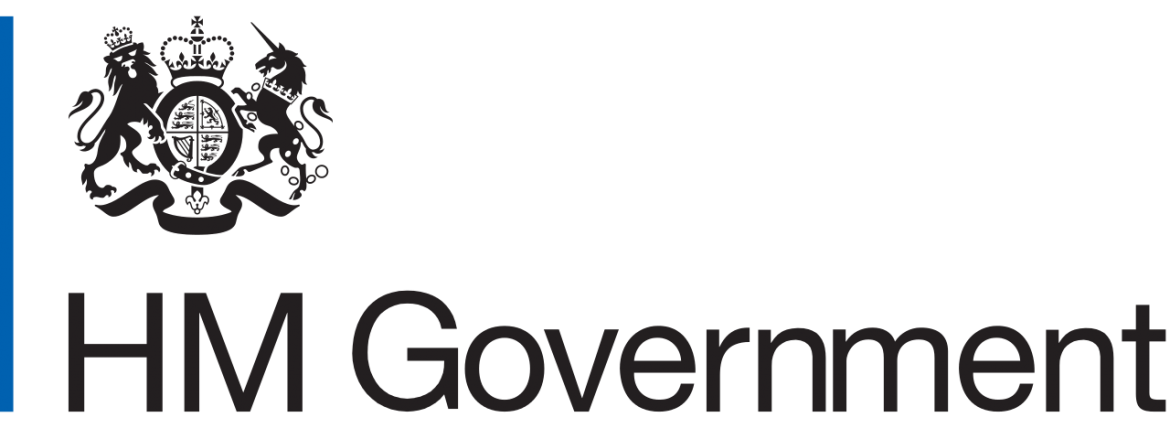The system for regulating ethical standards in government – is widely recognised as being in need of a major reset. This 5-point plan sets out a blueprint for reform.
Successive administrations from both main parties have shied away from improving the system, and its weaknesses have grown increasingly apparent in recent years. The growing catalogue of political and lobbying scandals undermine trust in government and politics, create reputational risks for government and Parliament, as well as harming our democratic institutions.
Recent events provide an opportunity to ensure that the UK has world-class systems in place for protecting standards and ethics in public life. Resetting the standards framework would strengthen UK democracy while enhancing Global Britain’s ability to fight corruption and promote good governance abroad.
76% of the public agree that ethical standards in government are important in making democracy work.1 Retaining high standards in our governing institutions is also essential for a sound economy, with Moody’s downgrading the UK’s credit rating in late 2020 in part due to a “weakening in the UK’s institutions and governance.” 2
There are no shortage of recommendations for improvements, with independent reports produced last year by the Committee on Standards in Public Life (CSPL) – which among other things recommends placing ethics regulators on a stronger legal footing – and another, commissioned by the government in light of the Greensill scandal, by Sir Nigel Boardman which suggested establishing a cross-government compliance function.3 This 5-point plan draws from those two reports.
The government should be encouraged to signal their commitment to reform by: (1) announcing a timetable for implementing the Boardman and CSPL recommendations,, (2) ensuring that an ambitious set of targets for raising standards is included in a new Anti-Corruption Strategy.
- Robust leadership from ministers on standards sets the tone for the rest of government. To ensure ministers reach the highest standards, the government should:
- Commit to appointing a new Independent Adviser on Ministers’ Interests at the earliest opportunity, and within 100 days of a new government being formed. The Adviser should be appointed through a new more robust process with confirmation and ratification by the Public Administration and Constitutional Affairs Committee, and ensure the Adviser has the independence required to do the job.
- Reboot the Ministerial Code as a clear ethical code of conduct by separating the parts that deal with process from the parts that deal with standards.
- Lobbying is an important and legitimate part of public life in a democracy, but can undermine trust when it is associated with undue influence and secrecy. To make lobbying more transparent and fair the government should:
- Go much further by establishing a data standard to ensure that all databases on meetings between government and external stakeholders can be cross-referenced and mutually searchable, including enabling cross-referencing with the Electoral Commission database.
- Ensure that transparency data covers a wider range of meetings including special advisors and senior civil servants, is updated monthly, and that there is a duty to report significant informal lobbying, including through modern forms of communication.
- Issue stricter guidelines on minimum standards for descriptions of meetings, and ensure that ministers are held accountable for their departments’ publication of accurate disclosures in a timely manner.
- The perception that money from questionable sources or linked to hostile states can enter our politics undermines confidence in the integrity and resilience of our democracy. To protect against these avenues for foreign and undue influence, the government should:
- Initiate a consultation with all political parties on a requirement to introduce more robust checks on the source of substantial donor funds to ensure they do not come from hostile actors or the proceeds of crime.
- Require that donations must come from named individuals, and where they come from organisations, the beneficial ownership or control of the organisation must be fully declared.
- Conflicts of interest and a poorly regulated revolving door have wide-ranging negative consequences, including for the delivery of public goods and services. To prevent this, the government should:
- Give the Advisory Committee on Business Appointments more independence, with powers to investigate breaches of the Business Appointment Rules – adherence to which should be an enforceable legal requirement for senior officials and politicians – and to issue binding rulings and more robust lobbying bans.
- Establish a cross-government compliance function with compliance professionals embedded within departments, with suitable investigation and enforcement powers – coordinated by a central team – to ensure compliance with conflict of interest rules, and to support the standards regulators.
- Reforming the way public appointments are made would end damaging accusations of cronyism and improve institutions. To do this, the government should:
- Give the Public Appointments Commissioner more independence, and amend the Governance Code so that ministers are accountable to select committees if they appoint a candidate who is not supported by an assessment panel.

